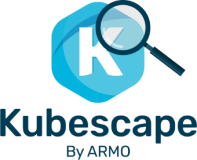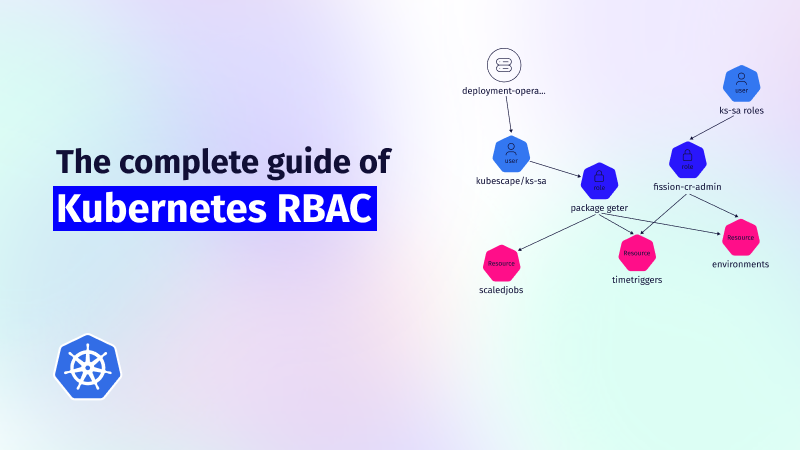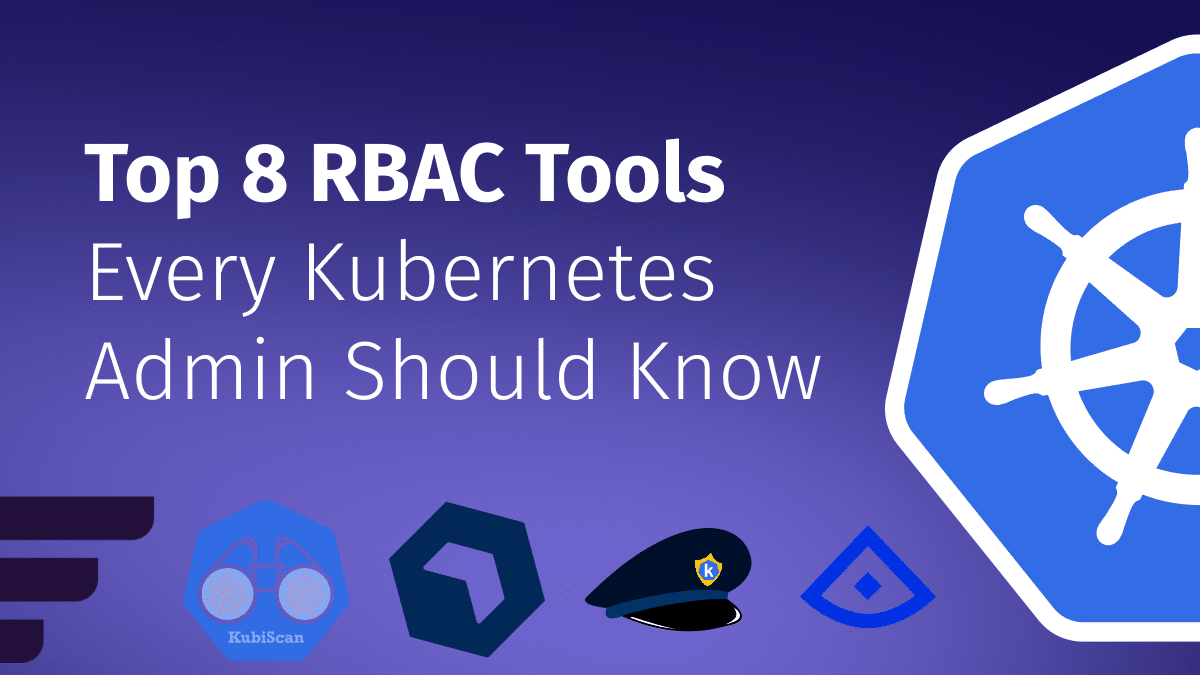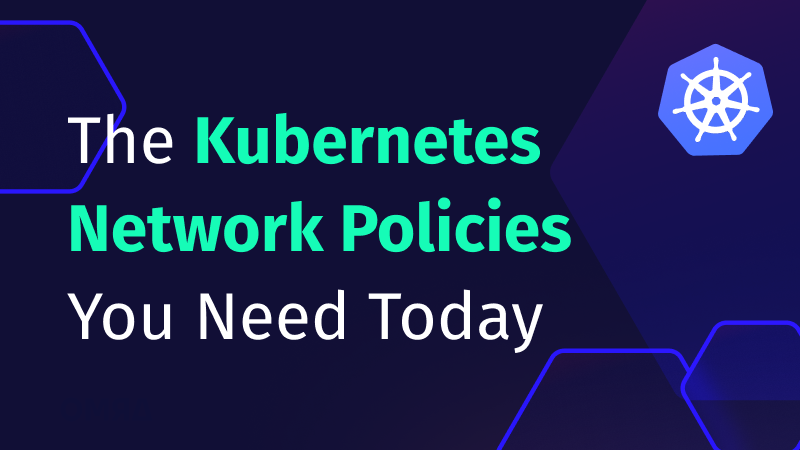Kubernetes RBAC: Deep Dive into Security and Best Practices
This guide explores the challenges of RBAC implementation, best practices for managing RBAC in Kubernetes,...

Nov 25, 2021
In 2014, Kubernetes surfaced from work at Google and quickly became the de facto standard for container management and orchestration. Despite its silicon valley origins, it became one of the most impactful open-source projects in the history of computing. Today, the Cloud Native Computing Foundation (CNCF) maintains Kubernetes with many private companies and independent open-source developers.
Open-source extensibility remains critical to the Kubernetes community and lifecycle. The CNCF publishes a standardized set of APIs and runs a Certified Kubernetes Conformance Program to facilitate this. That ensures every version of Kubernetes or related tools, regardless of whether it is vendor or community developed, supports the required APIs for Kubernetes implementations to function.
The community surrounding Kubernetes is exceptionally committed to the project and is constantly sharing new tools and features to help developers run, test, and code cloud-native services within Kubernetes. 2021 was a massive year for the project, and there’s more to come. Here are some of the tools you should look out for in 2022.
Kube Monkey implements Netflix’s famous chaos monkey in Kubernetes implementations. It works by randomly deleting K8s pods in the cluster, thereby continuously evaluating and validating failure-resilient services.

Devtron is a software delivery workflow tool designed for operationalizing and maintaining applications in a developer-friendly way. It features zero code delivery that minimizes manual scripting and allows deployment to multiple clusters in multiple clouds/on-prem datacenters from one Devtron setup.

Prometheus is an open-source monitoring framework that provides out-of-the-box monitoring capabilities for Kubernetes. It can collect massive amounts of data every second and is suitable for highly complex workloads. It works by sending HTTP requests, also called a scrape, based on a pre-defined configuration. The scrape response is parsed and stored, along with any relevant metrics and metadata.

Argo CD is a declarative, open-source, continuous delivery tool for Kubernetes. It enables application deployment and lifecycle management that is automated, auditable, and relatively easy to understand and manage.

Calico is an open-source CNI (container network interface) solution designed for containers, VMs, and local host-based workloads. In Kubernetes implementations, Calico operates over layer 3 to securely route packets to pods and provide network policies. It can also integrate with a service mesh to enforce workload policies within clusters.

Istio is an open-source service mesh designed to layer with existing distributed applications (such as service-oriented apps). In Kubernetes implementations, Istio complements K8s by enhancing security, observability, and traffic management.

Trivy is an open-source scanner for container images designed to detect vulnerabilities on OS packages and application dependencies. Unlike some similar products, it is known for its ease in implementation and usability and the capability to integrate seamlessly into existing software deployment pipelines.

Chekov is an open-source scanning framework that uses CLI capability to manage and analyze infrastructure as code implementations across many platforms, including Kubernetes. It enables the detection of misconfigurations and helps maintain cloud security best practices.

Kubescape is the first open-source tool for testing if Kubernetes is deployed securely according to multiple frameworks such as the NSA-CISA AND the MITRE ATT&CK® , and marks the first time that teams can test Kubernetes against multiple frameworks in one single click. Kubescape scans K8s clusters, YAML files, and HELM charts, enabling the detection of misconfigurations and software vulnerabilities at early stages of the CI/CD pipeline, calculates risk score instantly and shows risk trends overtime. It became one of the fastest-growing Kubernetes security compliance tools among developers due to its easy-to-use CLI interface, flexible output formats and automated scanning capabilities, saving Kubernetes users and admins’ precious time, effort and resources. Kubescape integrates natively with other DevOps tools, including Jenkins, CircleCI, Github workflows, Gitlab, Slack and supports multi cloud K8s deployments like EKS, GKE and AKS.
It’s incredible how many tools are there to empower Kubernetes developers and operators with powerful container orchestration. Since the very beginning, open-source tools have been both the foundation and the future of Kubernetes implementations. 2021 was a pretty big year for open-source extensibility with Kubernetes. The number of high-quality products on offer in 2022 could make it the biggest year yet.

This guide explores the challenges of RBAC implementation, best practices for managing RBAC in Kubernetes,...

Role-Based Access Control (RBAC) is important for managing permissions in Kubernetes environments, ensuring that users...

In the dynamic world of Kubernetes, container orchestration is just the tip of the iceberg....